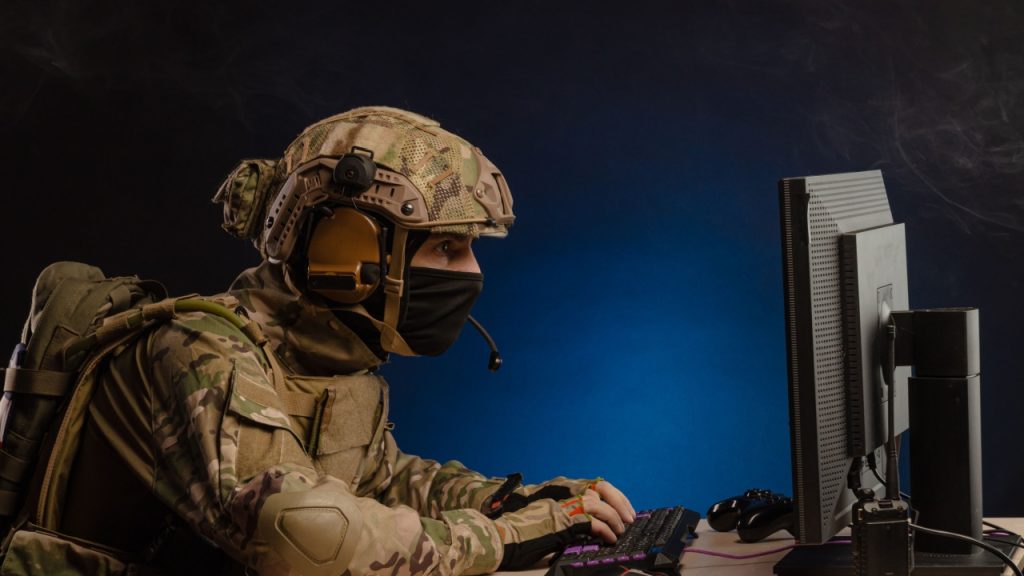In our interconnected world, the threat of cyberwar looms larger than ever. While it might seem like a conflict fought in the digital realm, its effects could reach far into our daily lives. Let’s explore 18 surprising ways a cyberwar could impact ordinary people like you and me.
Blackouts Become the Norm

Power grids are prime targets in a cyberwar. Hackers could shut down electricity across entire cities or regions. Imagine days or weeks without power – no lights, no heating or cooling, no refrigeration. We’d quickly realize how much we depend on electricity for nearly everything in our modern lives.
ATMs Run Dry

Banking systems are vulnerable to cyberattacks. ATMs could stop working, cutting off easy access to cash. Online banking might become unreliable or shut down completely. People might rush to withdraw money, causing bank runs. We’d need to adapt quickly to a world where electronic payments aren’t always an option.
Grocery Store Shelves Empty Fast
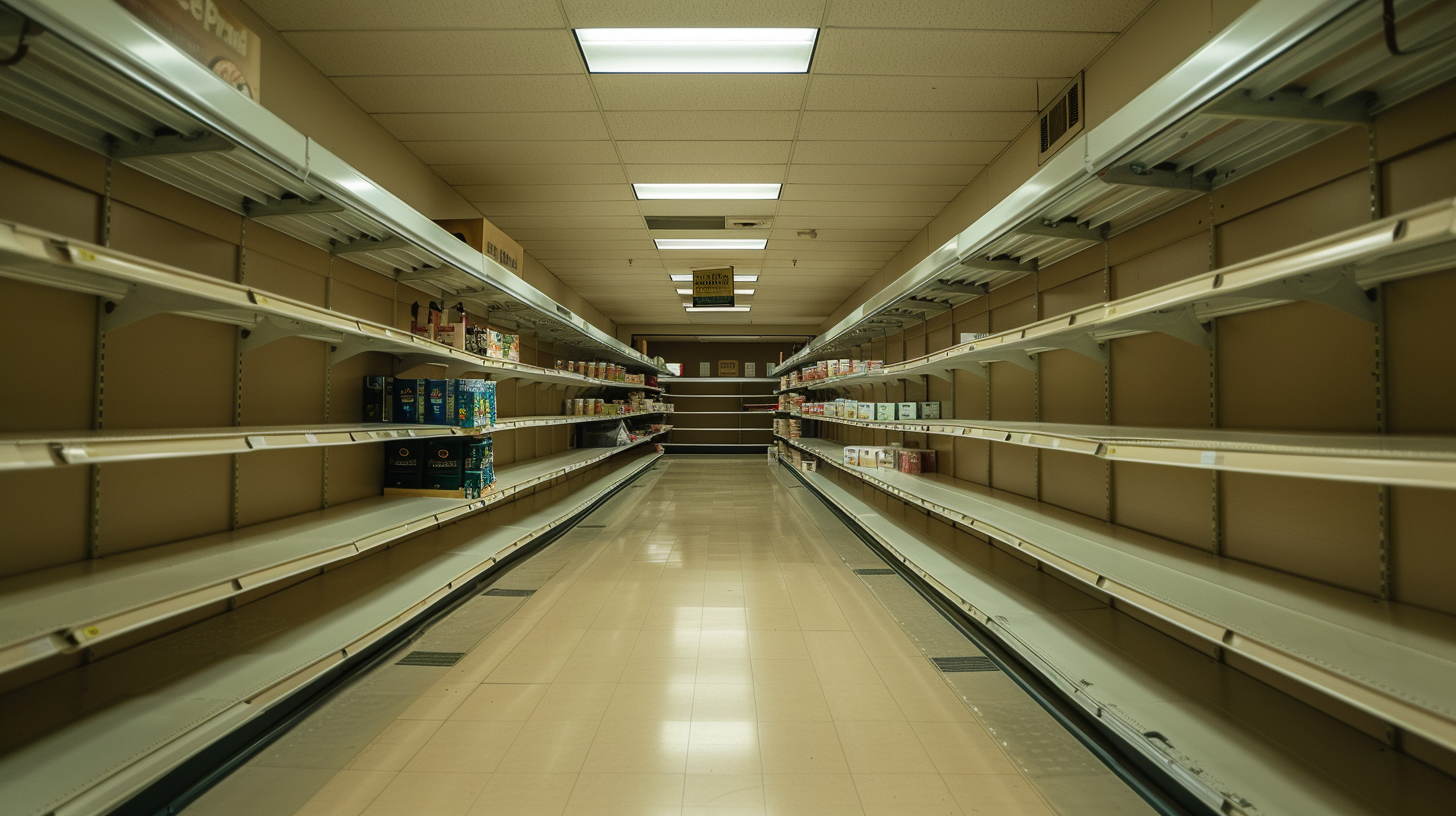
Cyberattacks could disrupt food supply chains. Ordering systems might fail, preventing stores from restocking. Payment systems could go down, making it hard to buy food even if it’s available. People might panic buy, emptying shelves even faster. We’d need to think carefully about food storage and possibly learn some basic farming skills.
Tap Water Becomes Unreliable

Water treatment plants rely on computers to function safely. A cyberattack could shut them down or, worse, cause them to release untreated water. We might need to boil tap water or rely on bottled water. In severe cases, lack of clean water could lead to disease outbreaks. We’d quickly learn not to take clean, running water for granted.
Phones Go Silent

Phone networks, both landline and cellular, could be targeted. We might lose the ability to call friends, family, or emergency services. Text messages might not go through. In a world where we’re used to instant communication, this silence could be frightening. We’d need to establish local, offline communication networks.
Traffic Lights Go Dark
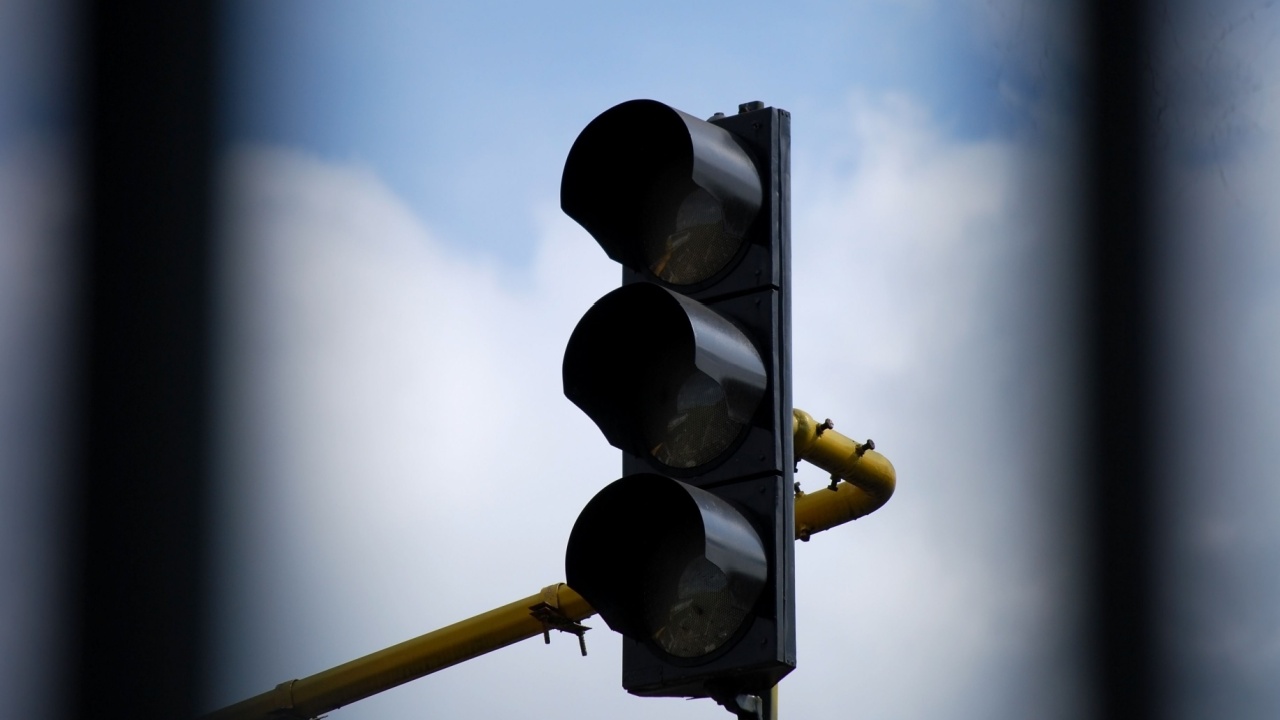
Traffic management systems could be hacked, turning off traffic lights and causing chaos on the roads. This could lead to more accidents and gridlock in cities. Emergency services might struggle to respond quickly. We’d need to be extra cautious when driving and perhaps rely more on walking or cycling for short trips.
Hospitals Struggle to Cope
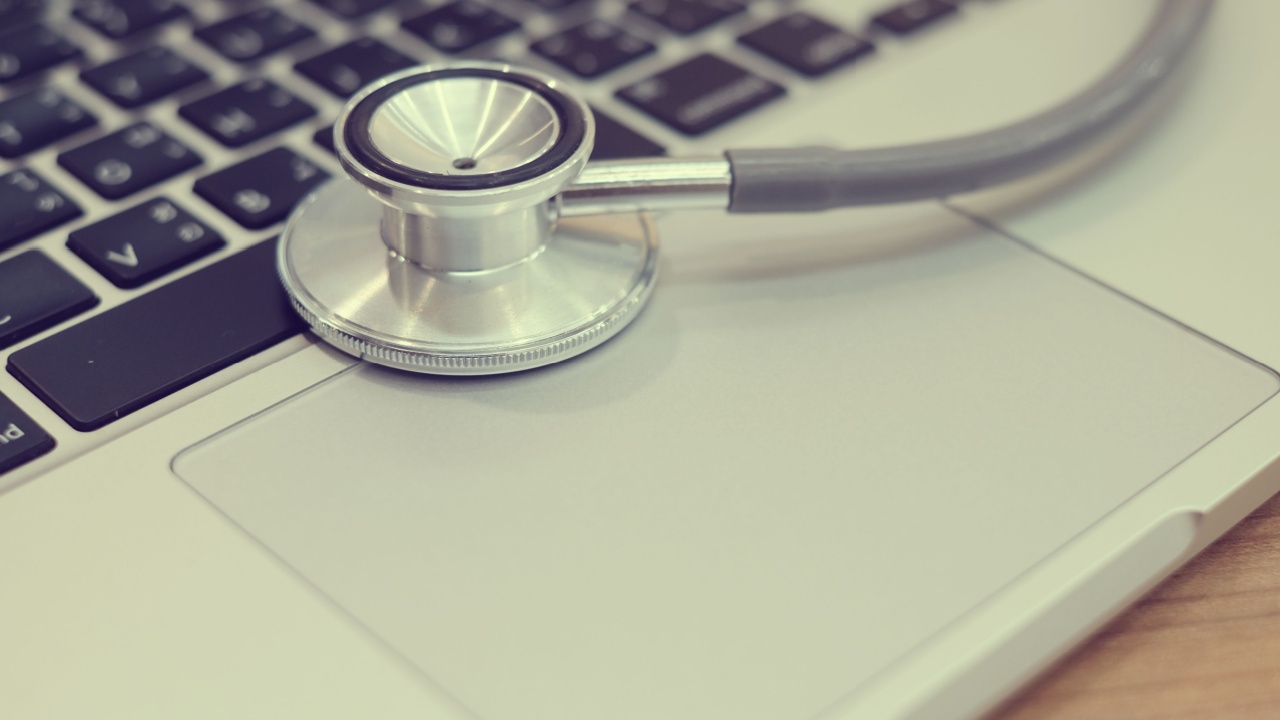
Modern healthcare relies heavily on technology. Cyberattacks could shut down vital equipment or scramble patient records. Surgeries might be delayed or canceled. Getting medications could become difficult if pharmacy systems are hit. We’d see a return to more manual medical practices, potentially affecting the quality of care.
Personal Data Becomes Public

Large-scale data breaches could expose our personal information. Imagine your medical history, financial records, or private messages suddenly available online. Identity theft could skyrocket. We’d need to be extra vigilant about our personal information and might see a return to keeping important data offline.
Air Travel Grinds to a Halt
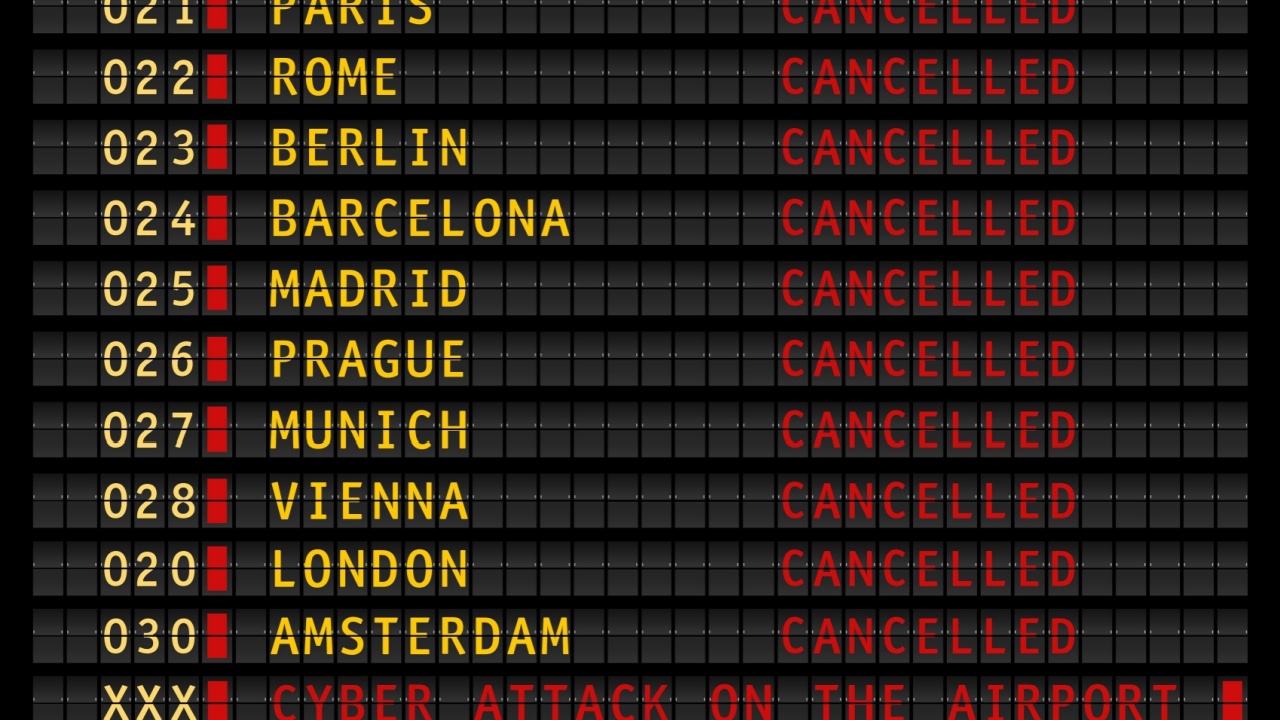
Airports and airlines are juicy targets for cyberattacks. Flight bookings, check-ins, and air traffic control could all be disrupted. Planes might be grounded for safety reasons. Travelers could find themselves stranded far from home. We’d need to be prepared for more unpredictable and less frequent air travel.
Smart Homes Turn Dumb
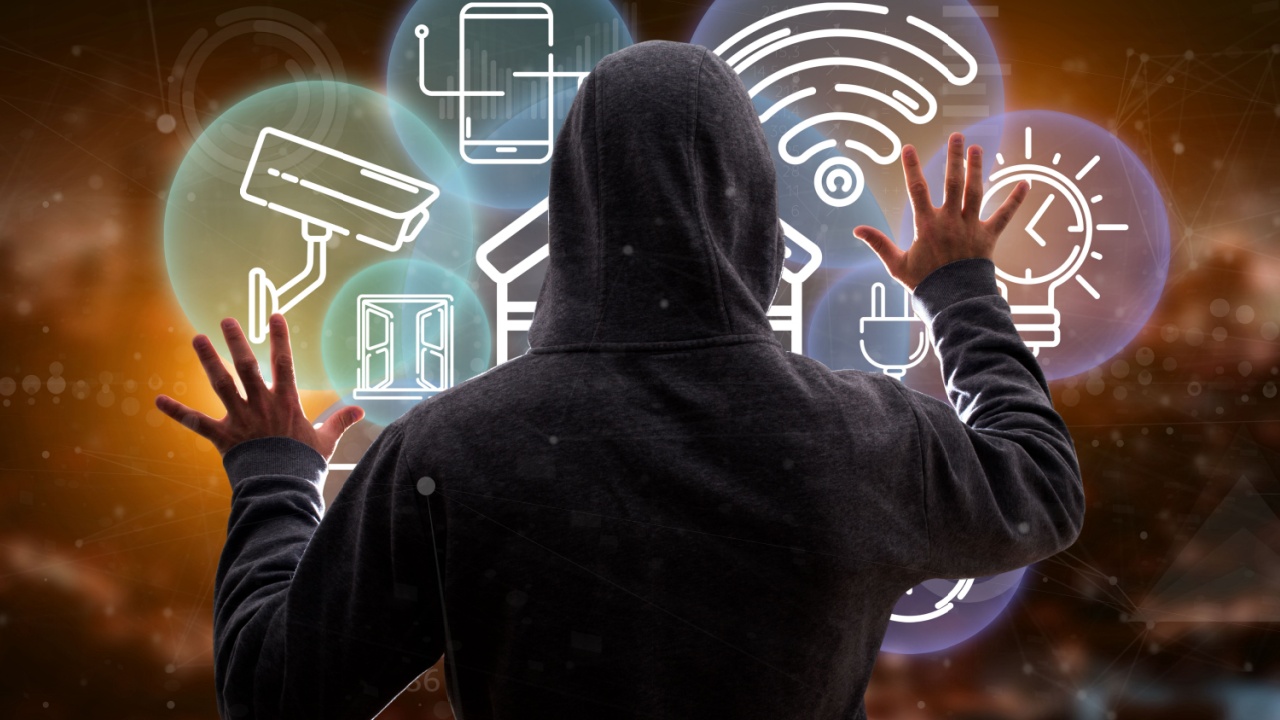
Internet-connected devices in our homes could be hijacked or shut down. Smart thermostats, security systems, and appliances might stop working. In extreme cases, hackers could even take control of these devices. We’d need to learn (or relearn) how to manually operate and secure our homes.
News Becomes Unreliable

News websites and TV stations could be hacked to spread false information. It might become hard to tell real news from fake. This could cause panic or confusion during an already stressful time. We’d need to develop strong critical thinking skills and rely on multiple, trusted sources for information.
Online Education Vanishes

With the internet under attack, online learning platforms could become inaccessible. Students might lose access to course materials and assignments. Virtual classrooms would shut down. We’d need to quickly adapt to fully offline education methods, which could be challenging for many used to digital learning.
Remote Work Becomes Impossible
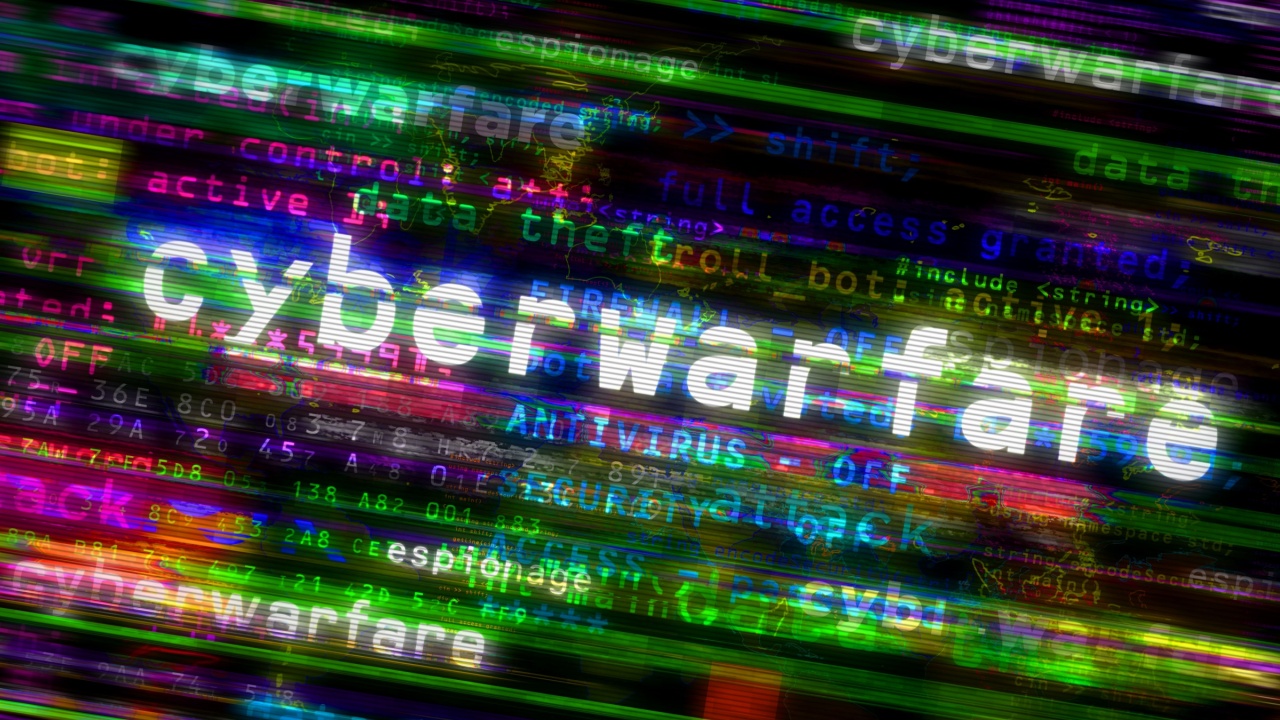
Many people now work from home, relying on internet connections to do their jobs. A cyberwar could make this impossible. Companies might struggle to function if their systems are attacked. We could see a sudden return to in-person work or a rise in unemployment if businesses can’t adapt quickly.
Digital Money Disappears

Cryptocurrencies and digital payment systems could be targeted. Bitcoin and other digital currencies might become worthless overnight. Even traditional bank accounts could be frozen or emptied by hackers. We might need to return to a cash-based economy or even resort to bartering in some cases.
Social Media Goes Dark
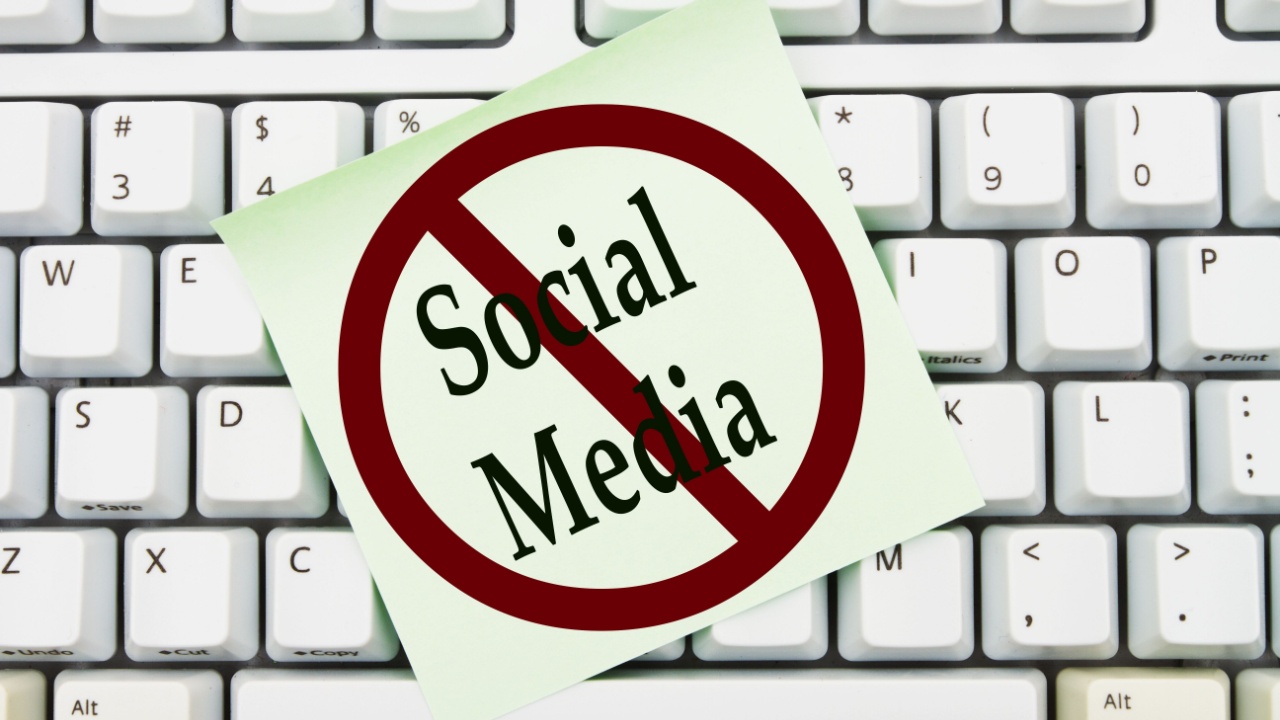
Popular social media platforms could be shut down or filled with disinformation. We’d lose an important way to check on friends and family during a crisis. Organizing community responses would become harder. We might need to create local, offline social networks to stay connected and informed.
GPS Leads Us Astray

Navigation systems could be hacked, giving wrong directions or simply shutting down. This would affect not just individuals, but also delivery services, emergency responders, and public transportation. We’d need to rediscover the art of reading physical maps and navigating by landmarks.
Online Shopping Shuts Down

E-commerce sites could be attacked, making online shopping impossible. This would be especially problematic for people who rely on deliveries for essentials. Local stores might struggle to keep stock if their ordering systems are down. We’d need to become more self-reliant and support local businesses that can operate offline.
Entertainment Options Shrink

Streaming services, online gaming, and other digital entertainment could become unavailable. We might find ourselves with a lot more free time and fewer ways to fill it. This could lead to a resurgence in offline hobbies and community activities. We’d rediscover the joy of simple, non-digital entertainment.
Katy Willis is a writer, master herbalist, master gardener, and certified canine nutritionist who has been writing since 2002. She’s finds joy in learning new and interesting things, and finds history, science, and nature endlessly fascinating.
